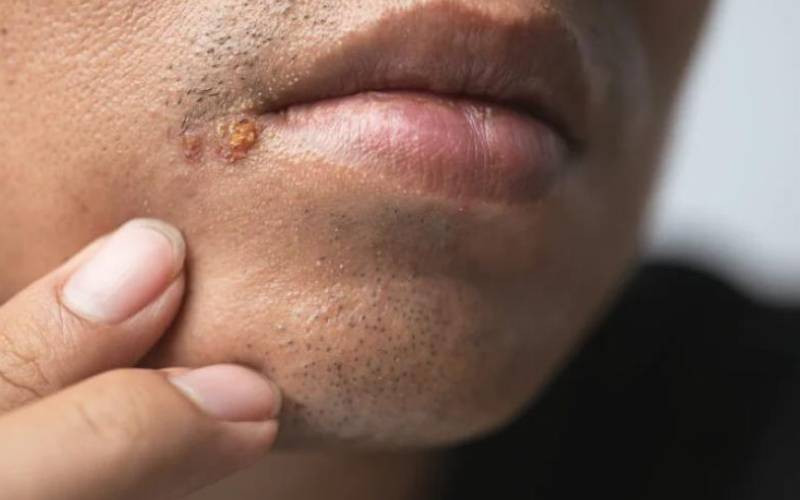
Dear Dr Ombeva,
My sister’s four year old son was born normally and even breastfed normally. Then later we realised she delayed speaking, and words were not coming out clearly. The problems worsened when he did not want to play with other kids, and most times he sits in the corner of the room and just does nothing, or other times he can take a stick and begins hitting the chair repeatedly non-stop. A friend told us that the child could be having a disease called autism. Do you think that’s true, and what is this disease?
Effie
Dear Effie,
Thank you for your question. Yes, your sister’s son most likely has autism or another disease called attention deficit hyperactivity disorder (ADHD). Autism is a brain disorder, present from birth, but cause is unknown. Children with autism have difficulty in learning language and social skills and in relating to people, and may be aggressive or show self-injurious behaviour.
Usually, language is slow to develop, and may include peculiar speech patterns or the use of words without attachment to their normal meaning. The autistic child often avoids eye contact, and may lack cooperative play with peers due to an impaired ability to develop friendships, and underlying inability to understand other people’s feelings. Sometimes he may appear deaf or fail to respond to words or sounds; or be distressed by an everyday noise like a vacuum cleaner or a dog barking.
An autistic person may show repetition by following the same route, the same order of dressing, or the same schedule every day. Autism can occur alone or in association with other developmental disorders like mental retardation, learning disabilities and epilepsy. Extensive research has asked whether there is any link between childhood vaccinations and autism, and the findings are clear - that vaccines do not cause autism.
The good news for your sister’s son is that autism is treatable, and recent studies show that autistic people can improve significantly with proper instruction and eventually become more responsive to others as they learn to understand the world around them. There are specially trained teachers who use specially structured programmes that emphasise individual instruction.
Through these, persons with autism can learn to function at home and in the community, and lead near normal lives. Persons with autism perform best at jobs that are structured and involve a degree of repetition. They have excelled at being artists, piano tuners, painters, farm workers, office workers, computer operators, dishwashers, assembly line workers, among others. Autistic people usually like music, puzzles, hiking, swimming, camping, and playing indoor table games.
— Dr Ombeva Malande is a paediatrics and child health expert
 The Standard Group Plc is a multi-media organization with investments in media platforms spanning newspaper print
operations, television, radio broadcasting, digital and online services. The Standard Group is recognized as a
leading multi-media house in Kenya with a key influence in matters of national and international interest.
The Standard Group Plc is a multi-media organization with investments in media platforms spanning newspaper print
operations, television, radio broadcasting, digital and online services. The Standard Group is recognized as a
leading multi-media house in Kenya with a key influence in matters of national and international interest.










